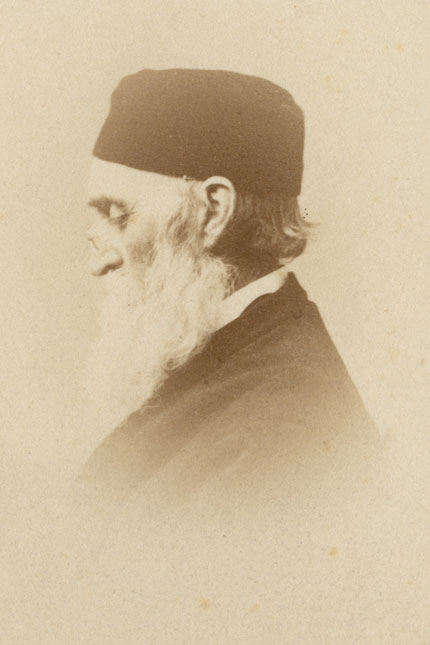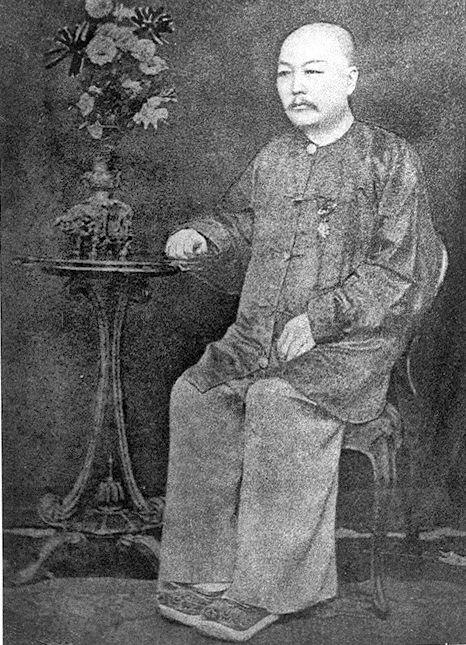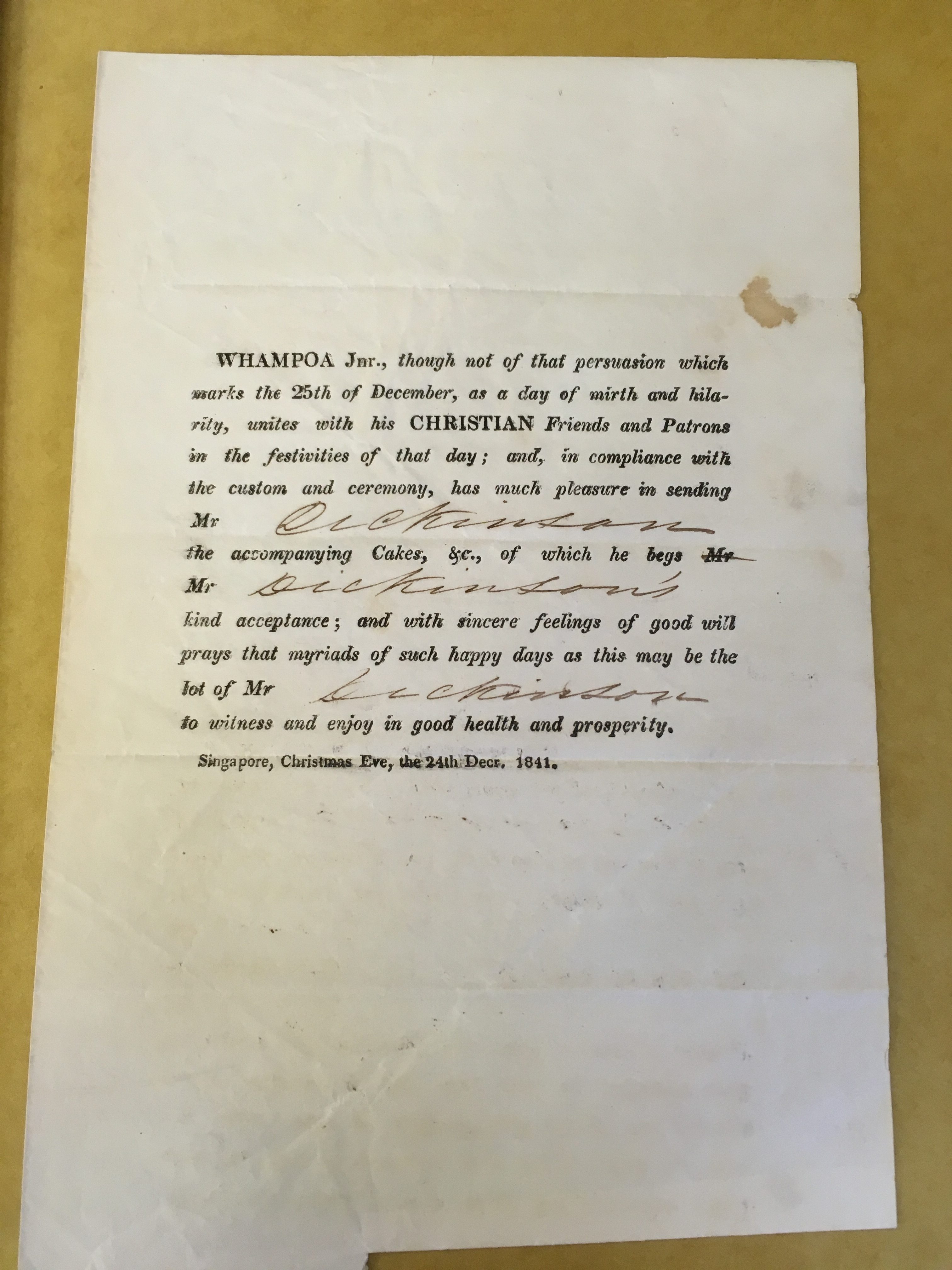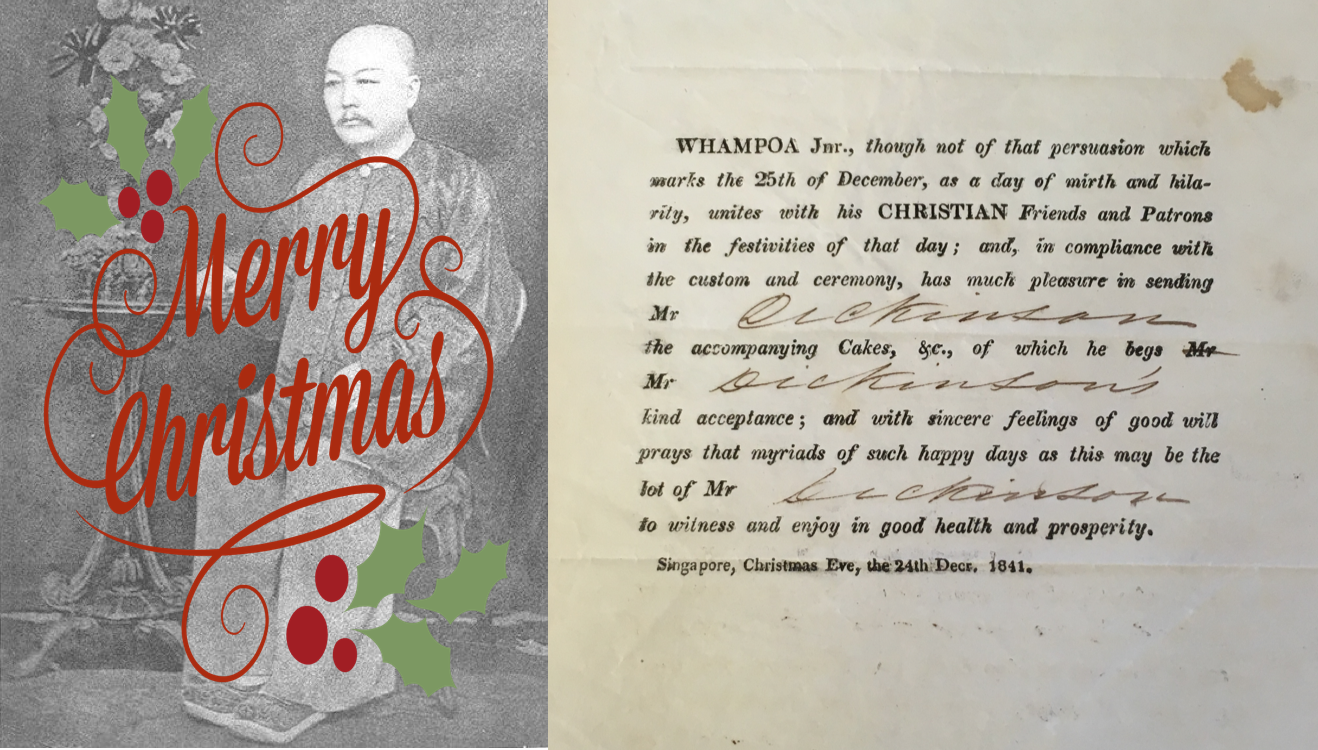Raffles Institution (RI), known as the Singapore Institution in its early years, was founded in 1823 by Sir Stamford Raffles.
In 1840, James Dickinson, a Christian missionary, was appointed deputy headmaster of RI. He would rise to become the school's headmaster in 1843.
 Photo of Dickinson, via Yale Alumni Magazine
Photo of Dickinson, via Yale Alumni Magazine
Imperialist and racist
Apart from being an early headmaster at RI, Dickinson was also known for his imperialist and racist views towards the Chinese.
In an 1841 letter, Dickinson wrote about how non-Europeans were "uncivilised". He also wrote that the "European civilisation must extend itself:"
"European civilization must extend itself over the whole...Asiatic and African and all uncivilized and half-civilized nations of the world must either receive European civilization as our barbarian ancestors received the civilization of Rome and Greece or they must be crushed beneath its advancing wheels after the manner of the North American savages..."
Such imperialist sentiments were common amongst Europeans in Dickinson's day, unfortunately, and the view that non-Europeans were "uncivilised" was often linked to racial prejudices.
In the letter, Dickinson expressed racist remarks regarding the Chinese. He wrote about Europeans being descendants of the Greeks, embodying "ideal beauty and excellence". The Chinese, according to him, were inferior:
"I did not even begin to perceive the value of piety and of that propensity for ideal beauty and excellence which we inherit from the Greeks till I became acquainted with the Chinese, ...with what sense they have worship the grotesque... a pig’s head has more charms for them than the Statue of Apollo."
He also harboured a deep resentment towards the Chinese language, claiming that it is not possible for the Chinese "to access the civilisation of the West" because the only 'civilised' languages were English and French:
"It is a great question what is to become of the Chinese – with their present language I do not see how it is possible for them to access the civilization of the West...
It seems to me that the Chinese language (the greatest obstacle standing in the way of their improvement) must give place to some other medium of thought... since this language or languages is different from every thing known as English and French...European civilization is perhaps destined to supplant the civilization…"
It is very likely that Dickinson's view would have gone beyond his expressions of them in private letters to others.
In fact, there must have been some outward manifestations of his racist views in some way towards the wider non-European community in Singapore and his students.
[related_story]
Enter Whampoa Hoo Ah Kay
Hoo Ah Kay, also known as Whampoa, arrived in Singapore in 1830.
He was a successful Chinese businessman and became the first and only Chinese to be an extraordinary member in the Executive Legislative Council.
He also had an impressive mastery of English, which was uncommon at that time for the Chinese.
 Photo from NAS
Photo from NAS
Whampoa must have been aware of what Dickinson was like, but he did not seem to let Dickinson get to him, as evidenced by a card he sent to Dickinson on Christmas Eve in 1841.
 Photo courtesy of Yale University Library.
Photo courtesy of Yale University Library.
It was not only written in rather cheem English but also worded with kind well-wishes:
"Whampoa Jnr., though not of that persuasion which marks the 25th of December, as a day of mirth and hilarity, unites with his Christian friends and patrons in the festivities of the day; and, in compliance with the custom and ceremony, has much pleasure in sending Mr Dickinson the accompanying Cakes, of which he begs Mr Dickinson’s kind acceptance; and with sincere feelings of good will prays that myriads of such happy days as this may be the lot of Mr Dickinson to witness and enjoy in good health and prosperity.”
Essentially, what Whampoa meant to say was: "I am not a Christian, but Merry Christmas to you. Have some cakes and all my well-wishes."
Classy.
Top photo adapted from NAS, Planwallpaper & photo from Yale University Library.
If you like what you read, follow us on Facebook, Instagram, Twitter and Telegram to get the latest updates.
